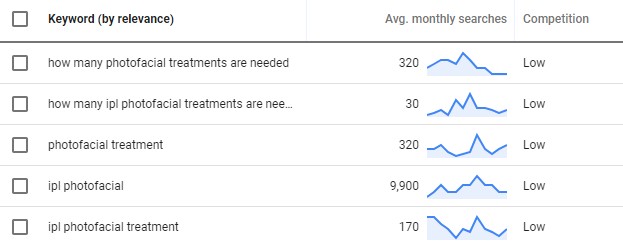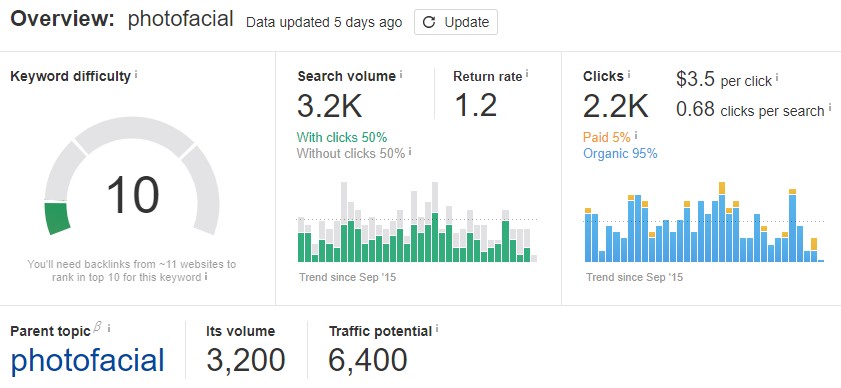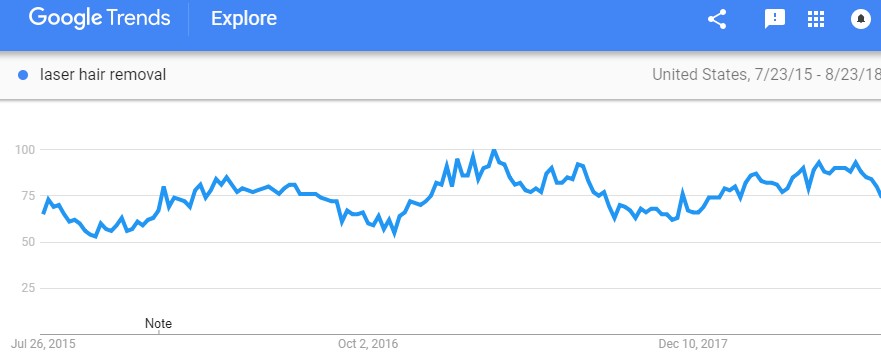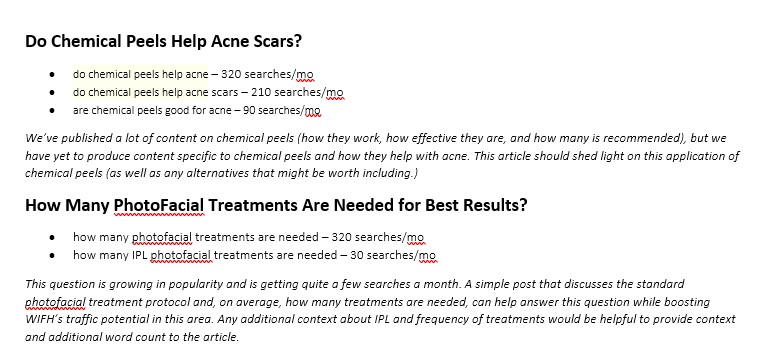Whether for local businesses, online brands, business consultants or service providers – in any context across the board, it’s no secret that content marketing is a powerful tool for SEO. But what defines “SEO content strategy”? Why the hell does everyone still agree that “content is king”…? And why does Joanne in marketing always say “we need to blog more” at every company meeting?
There are many reasons to explain why, but this post is about the how. And because almost everyone is now familiar with basic on-site SEO practices (i.e. putting the keyword in the meta tag), this post is all about the ongoing content strategy. There’s no questioning the value of a thoughtful yet SE-Optimized content strategy. But there are a lot marketers who are missing the point and aimlessly publish blog posts for all the wrong reasons.
To clear the smoke and steer a fruitful course of action, here are five important steps to better manifest your SEO content strategy. In turn, your site’s ability to generate traffic and links will organically grow over time.
1. Leverage Keyword Data & Search Trends
Keyword data and search trends can be incredibly useful when creating your content strategy. This type of data provides precise insights into the types of problems, questions, and inquiries that users are actively seeking answers to. In turn, we can use this information to help define specific topics and themes worth creating content about.

So instead of embracing keywords with a classic SEO mindset of how are we going to rank for these terms, think in terms of how you’re going to leverage keyword data to build the best piece of content for its given theme. Certain keywords that stand out to you (regardless of search volume) can help inspire creative ideas that will genuinely resonate with users.
Platforms like the Google Keyword Planner or Ahrefs Keywords Explorer are handy tools for researching this kind of data and trends. Not only can you see how popular a keyword phrase is, but you can determine when throughout the year a particular phrase is most popular.

- Ahrefs Keywords Explorer is a fantastic tool to use in addition to Google’s Keyword Planner.
Google Trends is also a nice tool to help refine your keyword explorations. For instance, you might notice a spike in the summertime for a particular query of interest. In turn, it might make the most sense to publish this content in springtime, and share across your social channels as summer begins.

2. Construct a Feasible Content Calendar
During the process of conducting keyword research and analyzing search trends, I’ll also be rough drafting a content calendar. This document outlines the topics or themes for each piece of content in a given month. And I will also make note of the keyword data we’re using, as well as write a short brief on how each piece should be positioned.
In terms of the frequency and depth of publications, every project’s content calendar is unique. One of the most common scenarios is defining weekly posts (or four posts per month). This is often a good baseline to help maximize value for both SEO and social media. But even content calendars that feature just one piece per month can still be successful.

- This is literally a screenshot of a raw document we use to collaborate and share ideas.
The idea of constructing a feasible content calendar is a simple practice to keep your team both organized and accountable. This document also serves as a good point of reference to share your ideas with clients, or anyone who’s providing input on a project. Strive to create content calendars on a quarterly, biannual, or yearly basis, depending on how much flexibility you wish to have.
3. Go Deeper Than Your Competitors
Before you start producing content for a given topic, get a lay of the land (social and search results) and assess similar pieces for a given theme. Essentially, this a process of seeing how you might stack-up against competing content, and in turn, how you can position your message or take your piece deeper.

When it comes to your most important topics, or “money posts,” the concept of going deeper than your competitors is essential. Depending on your theme, you might be competing with several hundred related pieces of content. In short, your’s needs to the best that it can be. Take your research deeper, pull from new and different studies, include quotes from influencers – do whatever it takes to ensure your brand is recognized as the authority in a given topic.
4. Create Multiple Versions of the Same Message
If you’re truly impassioned by your subject matter, or are driven to take ownership of a given topic, you’ll thrive by creating multiple versions of the same content. No, no. Not duplicate content – rather, the same message in a different format.

- Video is one of best complements to your SEO content strategy.
Similar to the previous practice of going deeper, successful bloggers who are authorities in their field often do more than just write a blog post. They take incredible photos; design beautiful graphics; write in-depth articles; talk about their subject on podcasts; create slideshares; give presentations and webinars; conduct studies and surveys; produce engaging videos; and so on.
By leveraging different versions of your content, you’re helping Google better understand and recognize your brand (and its website) as an authority figure for a given theme. Equally as important, you’re also creating multiple touch points for relevant users to engage with your content, thereby maximizing potential for traffic and links.
5. Take Advantage of All Relevant Social Platforms
Neglecting social media and investing wholeheartedly in organic SEO, although savage, is a classic case of putting all of your eggs in one basket. Not only is it not smart, but it’s a hugely missed opportunity.
View social media as a supplement to your SEO and marketing efforts, not an alternative. While it’s still to be determined as to whether social media engagement (i.e. more Likes, Shares, etc.) directly influences search rankings, many content marketers can attest to seeing greater organic search visibility as well as backlinks with pieces of content that strongly resonate on social platforms.

Taking advantage of relevant social platforms can be as simple as sharing your content across Facebook, Twitter, LinkedIn, Pinterest, or whatever makes the most sense. However, leveraging content amplification features, such as Facebook’s boosted posts, can massively effective at reaching new audiences. These features can be meticulously dialed so that you’re able to reach very precise individuals who select interest.
Lastly, in addition to using social amplification tools, also invest in building your followers. Facebook in particular enables you to seamlessly target and attract new followers with its advertising features. With less than $200, you can build followership of 1K very in-market individuals who are actively interested in what your brand offers. In today’s world of digital marketing, it’s one of the best investments for your marketing dollars.
Bonus 6. Guest Blog About Your Topic
Although guest blogging is now synonymous with classic link building, the opportunities to write for other platforms offer more than just backlinks. Essentially, you’re leveraging the same benefits as #5, however guest blogging allows you to organically reach new audiences – and very large audiences to boot.
Think of guest blogging as a means to grow your audience and social media follow. If you’re adamant about owning by your subject matter, consider this the path to becoming an authoritative influencer. Not only can you cultivate link equity to your site (as shown in the figure above), but you can also grow your social media following and overall credibility in your field.
















